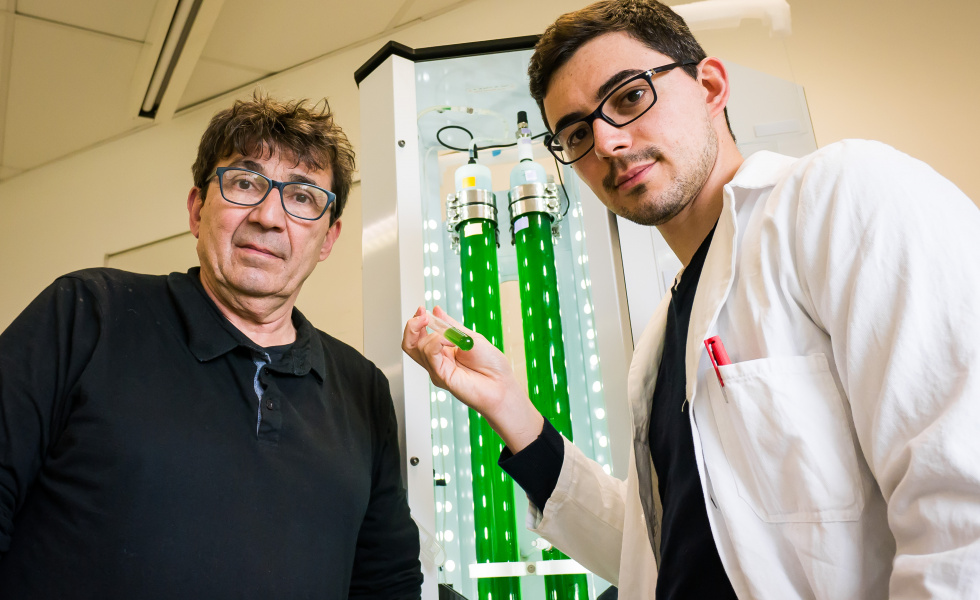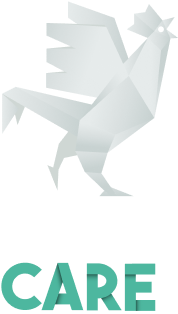The Montpellier startup Néomerys is seeking funding for an ambitious and practical program intended to reverse the greenhouse gas effect. The cornerstone of the project is to produce a sustainable and affordable biofuel.

Jérémy Dutheil and Pierre Dutheil - Néomerys ©DR
Grand prize for Smart Energy
A fundamental question led to the creation of this project: “In 2050, what will you have done for the planet?” Offering a preliminary theoretical response, Jérémy Dutheil won first prize in the competition organized by Enterprise for the Environment, the Métro newspaper, and Hubert Reeves in 2012. Jérémy Dutheil took on the entrepreneurial challenge with his father, Pierre Dutheil, to carry out his project. The Agro Valo Méditerranée incubator assisted their first steps, in partnership with Montpellier BIC, which enrolled them in its Jump’in program in 2013.Jérémy Dutheil subsequently received two awards that confirmed the solid foundation of his research: laureate of the i-Lab competition (in the “rising star” category), and Grand Prize of the EDF Smart Energy competition in 2014.“We learned everything we needed to know about creating a company and funding innovation,” says the Montpellier team that created Néomerys one year later.
Initial public offering
Jérémy Dutheil’s approach is both global and practical. He designed a passive system to desalinate sea water to irrigate forests, in order to support massive and rapid reforestation, and to provide large quantities of tree sap to algae.To help his company grow in the meantime, he plans to produce a blue pigment extracted from micro-algae, whose fluorescence interests the medical imaging community, and whose antioxidant properties are sought by the cosmetics and pharmaceutical industries.“The idea is to replace dependence on oil by dependence on forests,” insists Jérémy Dutheil.
Now with 4 employees, Néomerys seeks to raise €25 million to launch its project starting in 2020. This includes creating the laboratories needed to bring the technology to maturity at Mas Dieu, near Montpellier, also with the various pilot facilities associated with the Kodama project and a first blue pigment production site. The plan is to create about 60 jobs. At this point, the company’s goal is to convince people to provide funding, and then to be listed on the Euronext Growth stock exchange by the end of 2019.


